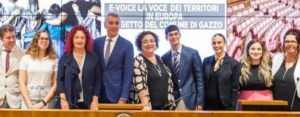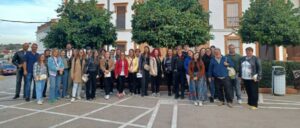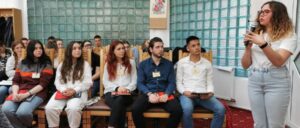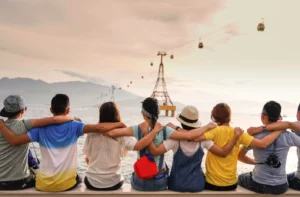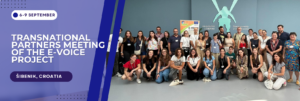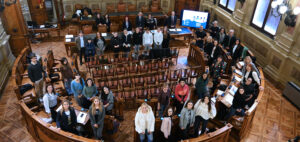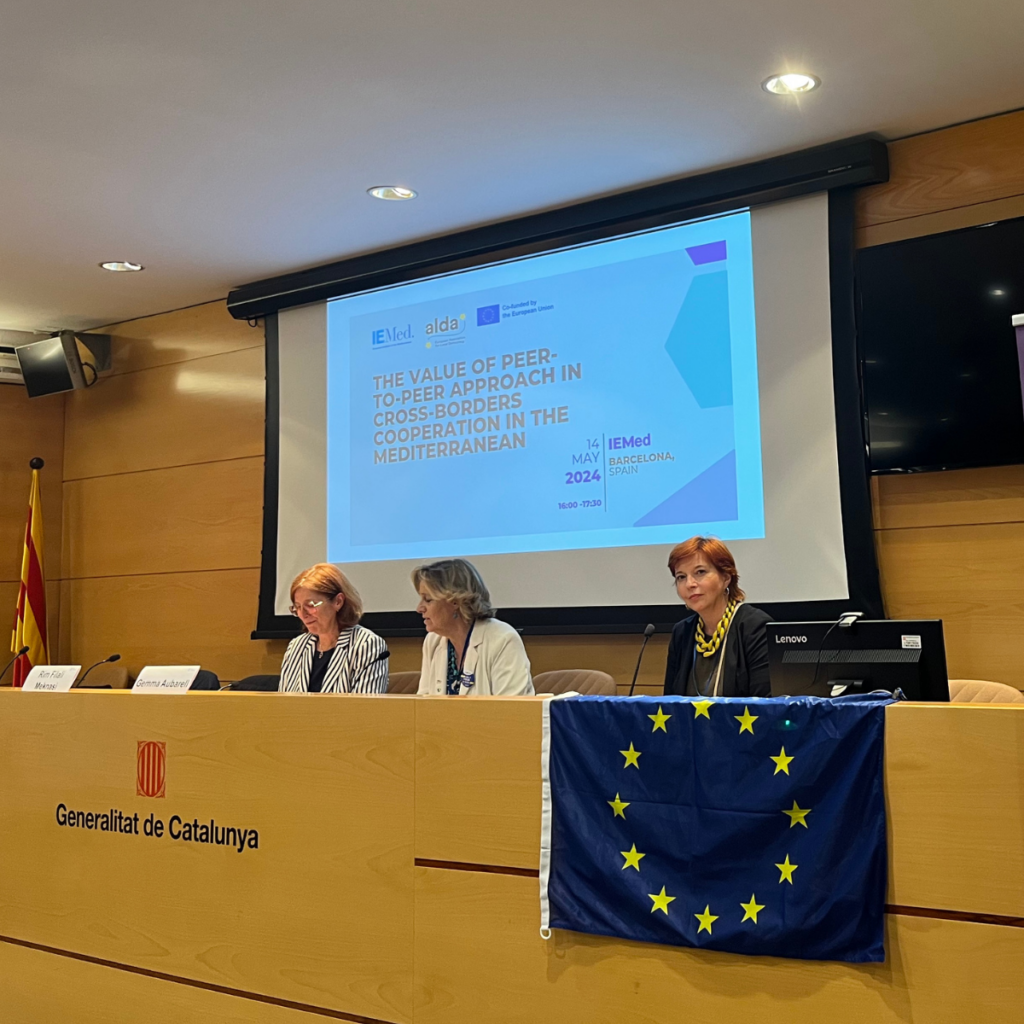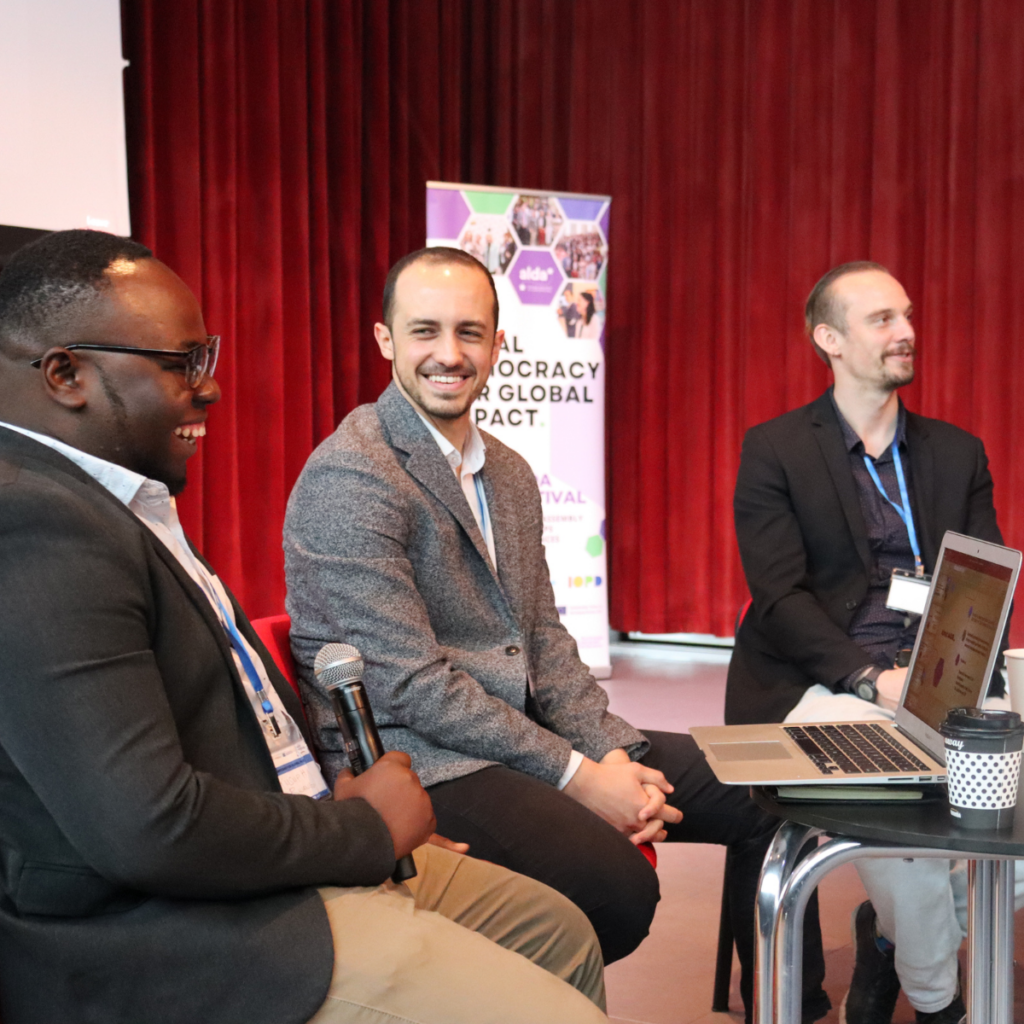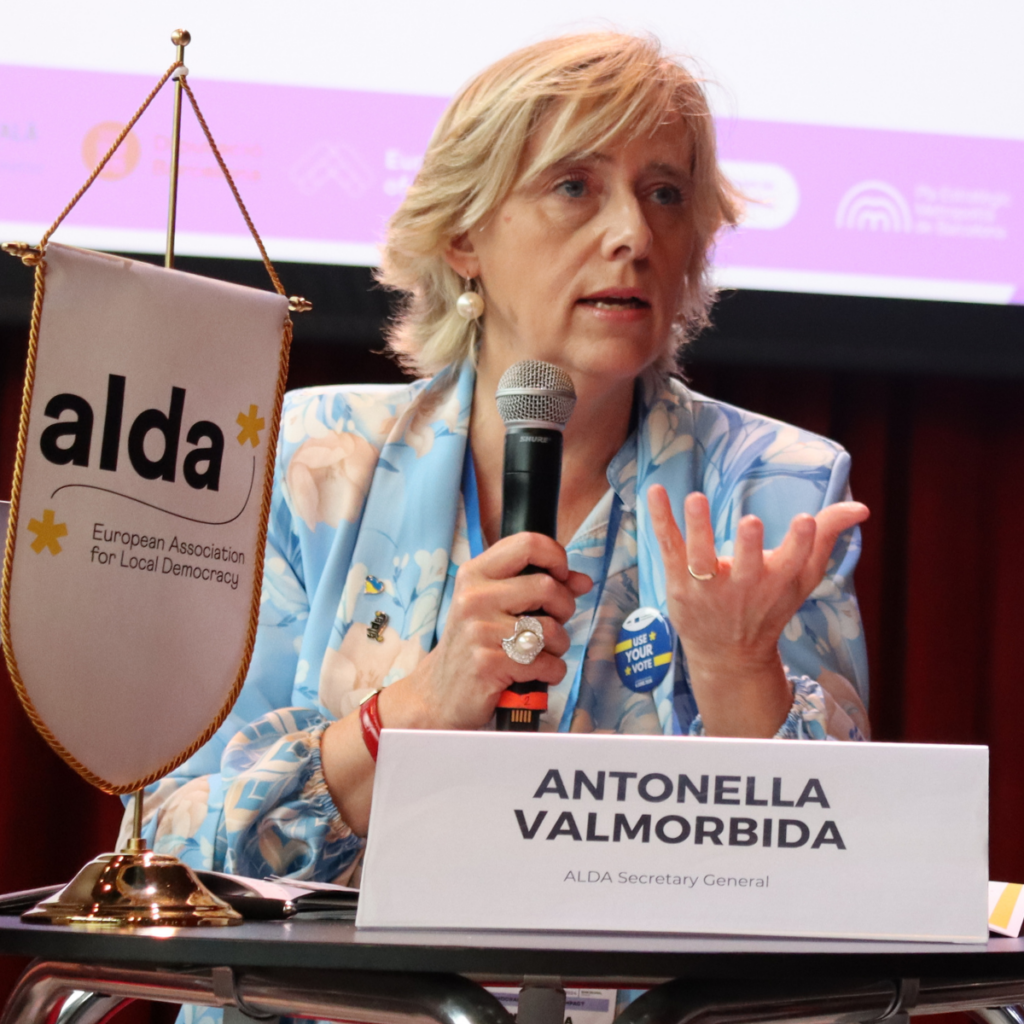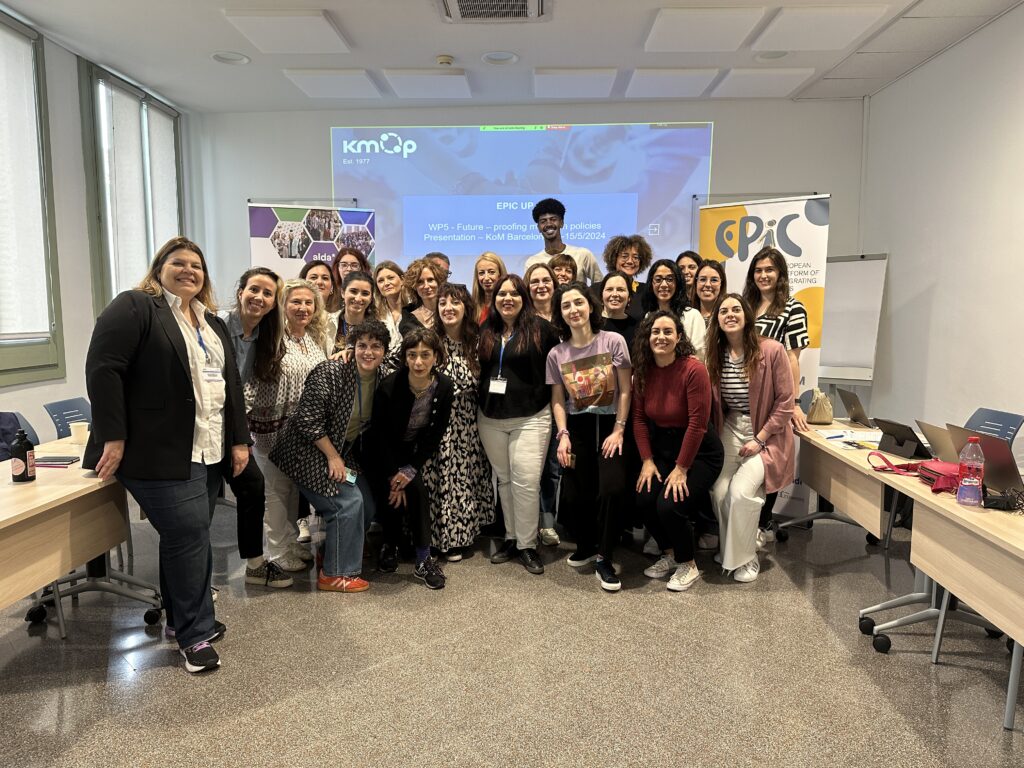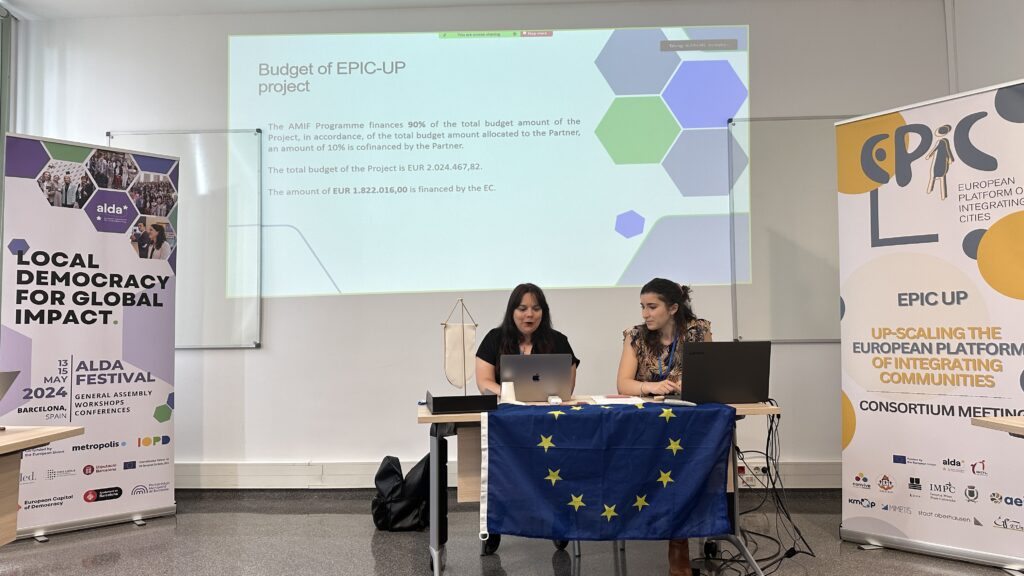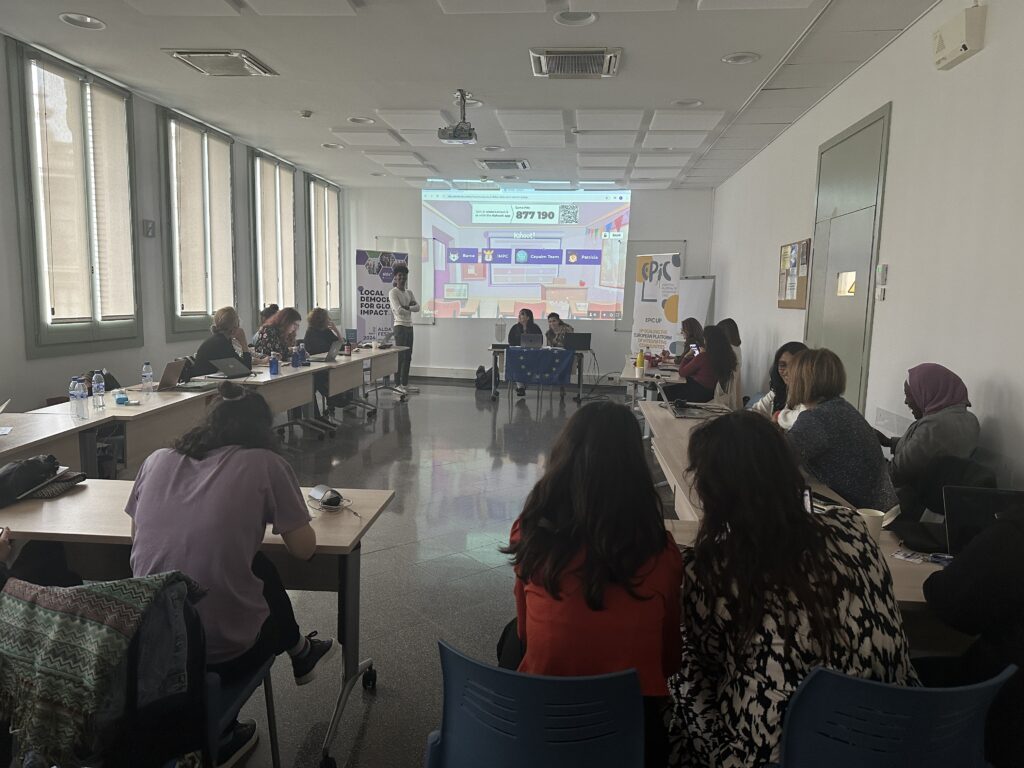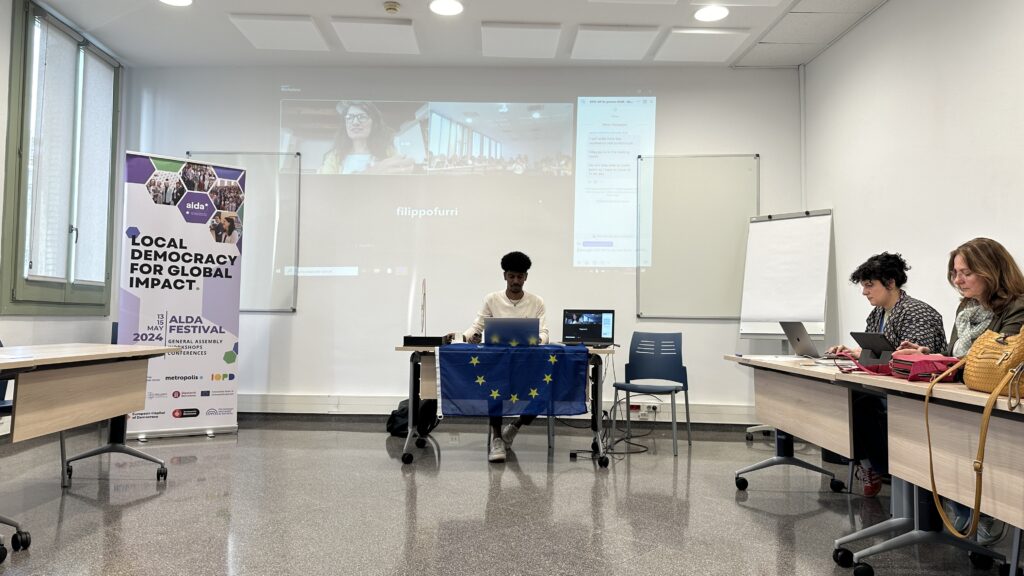ALDA+ is excited to disseminate the CERV-2024-CITIZENS-TOWN-TT call for proposals, focusing on Town Twinning initiatives. This programme offers a unique opportunity for municipalities and local communities to engage in international exchanges that celebrate the rich diversity and shared heritage of the European Union. Through these exchanges, citizens can gain practical experiences that foster mutual understanding, friendship, and a stronger sense of European identity.
The Town Twinning programme aims to promote exchanges between citizens from different countries, providing them with practical experiences of the EU’s common heritage. It seeks to enhance mutual understanding and tolerance, foster a sense of European belonging and identity, support peaceful relations and active local participation, encourage cooperation and the exchange of best practices between municipalities, and reinforce the role of local and regional authorities in European integration.
Projects under this call should focus on intercultural dialogue and mutual understanding, reflection on a new narrative for Europe that is citizen-oriented and forward-looking, debates on the EU’s achievements and current challenges, and addressing themes like solidarity, inclusion, and the EU’s response to societal challenges.
Eligible activities include workshops, seminars, and conferences, training activities and expert meetings, cultural events, festivals, and exhibitions, awareness-raising activities, development and dissemination of good practices, and the use of social media and communication tools.
Are you interested in the call? Apply!
Why Apply Through ALDA+?
ALDA+, the Benefit Corporation of ALDA, offers extensive support to ensure your project’s success:
- Expert Guidance: it provides strategic advice on project design, ensuring alignment with EU priorities and funding requirements.
- Application Support: it offers professional assistance in drafting and submitting your application, maximizing your chances of securing funding.
- Project Implementation: From project management to dissemination activities, it ensures that your project runs smoothly and achieves its objectives.
- Training and Capacity Building: Benefit from tailored training sessions to enhance your team’s capabilities in managing EU-funded projects.
By working with ALDA+, you gain access to a wealth of expertise and resources that can significantly enhance your project’s impact and sustainability.
The application process is detailed and requires careful preparation. To begin, read the call documentation, model grant agreement, and guidelines available on the EU Funding & Tenders Portal. Prepare your proposal to ensure alignment with the call’s objectives, themes, and activities, and submit your proposal electronically through the Funding & Tenders Portal by the deadline of September 19, 2024, at 17:00 CET.
Sounds complicated?
ALDA+ can provide you with the expertise you need to submit a successful application.
Key dates to keep in mind include the submission deadline on September 19, 2024, the evaluation period from September 2024 to February 2025, results announcement in March 2025, and grant agreement signature in June 2025. The available budget for this call is €4,000,000.
To begin your journey towards securing this exciting funding opportunity, apply now and let ALDA+ guide you towards a successful Town Twinning project!
Don’t miss this opportunity to foster cross-border friendships and strengthen the European spirit within your community.


